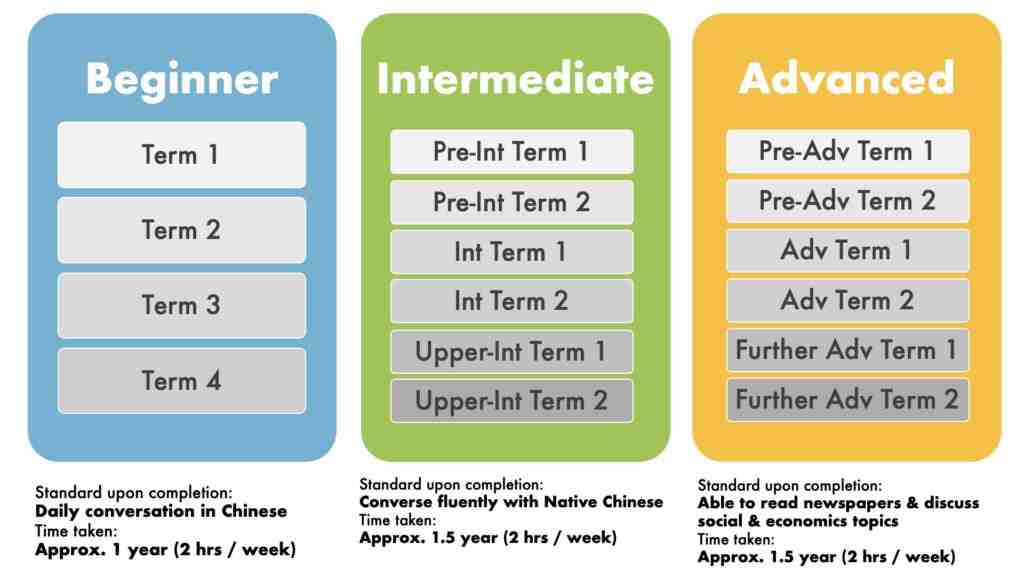A well-tailored Business Chinese course for Singapore professionals should focus on industry-specific vocabulary, practical communication skills, and cross-cultural training. By covering terms relevant to key sectors like finance, technology, and logistics, the course enables learners to apply their language skills directly in their fields. Practical communication training is equally important, as it equips participants to speak confidently in meetings, negotiate contracts, and present ideas effectively in Chinese. Additionally, cross-cultural training is essential; understanding Chinese business etiquette and cultural values helps Singaporean professionals connect more naturally with Chinese counterparts, improving communication in both formal and informal interactions.
To design an effective Business Chinese course for the Singapore market, it’s essential to start by assessing each learner’s language proficiency and specific business goals, ensuring the course content is relevant and skill-focused. Incorporating real-world business scenarios, such as case studies, role-playing, and simulations, prepares learners to handle actual interactions confidently between Singapore and China. Flexibility in course delivery is also key; by offering online classes, evening sessions, or mobile-friendly options, professionals can study at their own pace and integrate language learning smoothly into their busy schedules.










